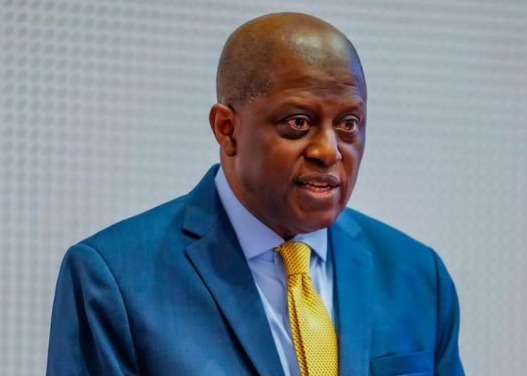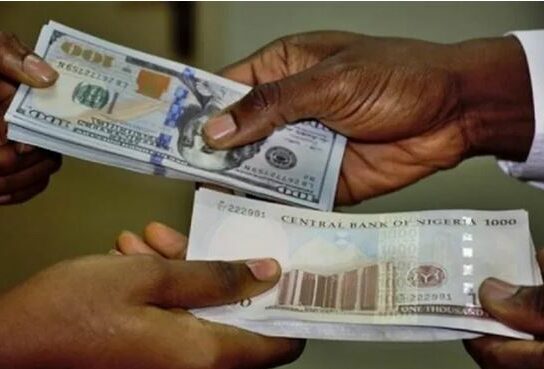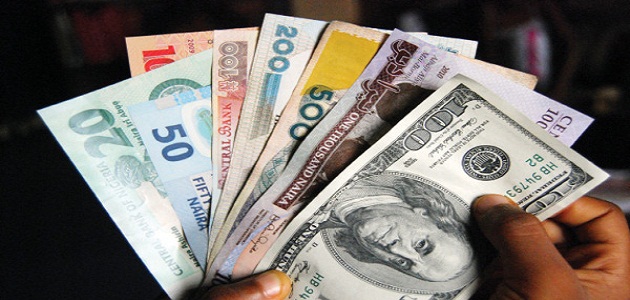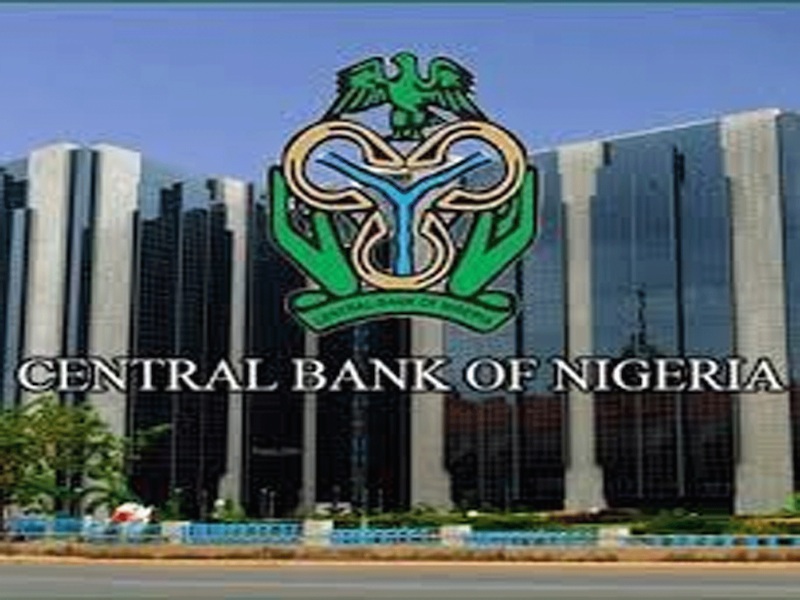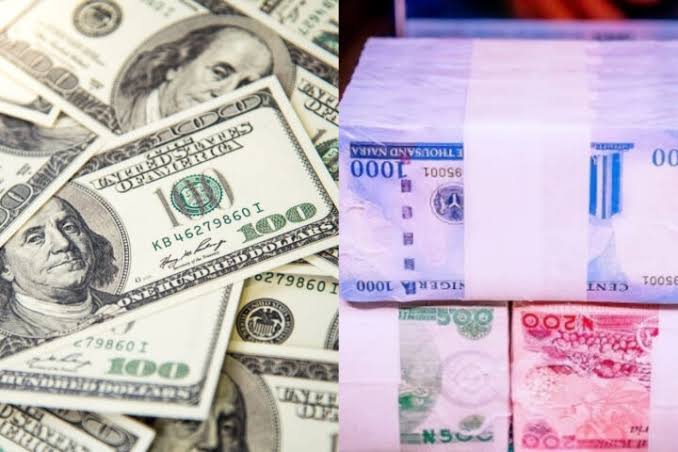Governor of the Central Bank of Nigeria (CBN), Olayemi Cardoso, has announced that Nigeria’s trade surplus has risen to 6% of the nation’s Gross Domestic Product (GDP), adding that the figure is expected to remain stable in the near term.
Gatekeepers News reports that Cardoso attributed the improvement in the country’s balance of trade to sound macroeconomic policies that are beginning to yield results.
According to a statement by Mohammed Manga, Director of Information and Public Relations at the Federal Ministry of Finance, the CBN Governor disclosed this while representing the Minister of Finance and Coordinating Minister of the Economy, Wale Edun, at the G-24 press briefing held on the sidelines of the IMF/World Bank Annual Meetings in Washington, D.C.
Nigeria’s Bright Economic Outlook at G-24 Meetings
Manga stated that Nigeria’s economic outlook “continues to shine brighter,” with the nation’s delegation—led by Cardoso and the Minister of State for Finance, Dr. Doris Uzoka-Anite—actively participating in discussions on domestic resource mobilization, inflation, and macroeconomic stability.
“During the meetings, Cardoso disclosed that Nigeria’s trade surplus has risen to 6% of GDP and is expected to remain at that level in the near term,” Manga said.
“He attributed the improved balance of trade to sound macroeconomic policies that are beginning to yield positive results.”
Cardoso also emphasized the link between disciplined economic management, growth, and disinflation, stressing that the CBN is developing a framework for mutually beneficial currency swap agreements with other countries.
He noted that Nigeria’s ongoing economic restructuring—including a more competitive exchange rate—has begun to encourage domestic production and reduce reliance on imports.
Government’s Continued Global Engagement
Dr. Uzoka-Anite’s participation in the meetings, according to the statement, underscores Nigeria’s commitment to strengthening engagement with international financial institutions to drive sustainable economic growth.
“The meetings mark a significant step forward for Nigeria’s economic development as the country continues to engage with global partners to drive progress and improve citizens’ welfare,” the statement added.
Background: NBS Confirms 44% Surge in Trade Surplus
Meanwhile, data from the National Bureau of Statistics (NBS) showed that Nigeria’s trade surplus increased by 44% in the second quarter of 2025, driven by higher export earnings.
Total merchandise trade stood at ₦38.04 trillion, representing a 20.05% increase compared to the same period in 2024. Exports accounted for 59.8% of total trade (₦22.75 trillion), with crude oil making up 52.6% of exports and non-oil products contributing ₦3.05 trillion or 13.4%.
Imports, on the other hand, represented 40.2% of total trade at ₦15.29 trillion, slightly down by 0.9% from the previous quarter.
The latest figures reinforce the CBN Governor’s remarks on the improving health of Nigeria’s external sector and the positive impact of ongoing economic reforms.

